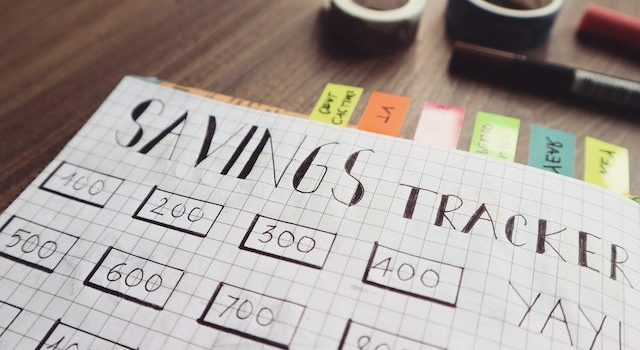
Produce a Personal Budget How to Make a Budget
Making a particular budget is a pivotal step towards fiscal control and achieving your fiscal pretensions. While it may feel inviting at first, breaking it down into simple way can help you take charge of your finances. By following these 10 way, you can produce a particular budget that works for you and empowers you to make informed fiscal opinions.
The significance of Creating a Personal Budget
A particular budget serves as a roadmap for your fiscal trip. It helps you understand your income, charges, and savings, allowing you to allocate your coffers effectively. With a budget in place, you can track your spending, identify areas where you can save, and work towards your fiscal pretensions.
Gather Your fiscal Statements
To start creating your particular budget, gather all your fiscal statements. This includes bank statements, credit card statements, and any other applicable documents. Having a comprehensive view of your fiscal situation is pivotal for accurate budgeting.
Record All Sources of Income
Review your fiscal statements and record all sources of income. This includes your payment, side hustle earnings, and any other regular income aqueducts. Focus on your net pay — the quantum deposited into your bank account after deductions similar as levies, benefits, and withdrawal benefactions.

Produce a List of Yearly Charges
List all your yearly charges and fiscal scores. This includes rent, serviceability, groceries, transportation costs, debt disbursements, subscriptions, and any other regular charges. classify your charges to get a clear overview of where your plutocrat is going.
Separate Between Fixed and Variable Charges
Separate between fixed and variable charges. Fixed charges are those that remain harmonious each month, similar as rent or mortgage payments, insurance decorations, and loan disbursements. Variable charges, on the other hand, change from month to month, similar as serviceability, groceries, and entertainment. Understanding the difference helps you plan and allocate your coffers more effectively.
Total Your Yearly Income and Charges
Total your yearly income and charges independently. Calculate your net income by casting up all your income sources. also, calculate your aggregate charges by adding up all your yearly charges. Comparing these two numbers will give you a clear picture of your fiscal situation.
Set a fiscal thing
Set a fiscal thing that aligns with your precedences and bournes . It could be saving for a down payment on a house, paying off debt, or erecting an exigency fund. Having a thing helps you stay motivated and concentrated on your fiscal trips.
Make a Plan to Achieve Your things
Produce a plan to achieve your fiscal thing. Break it down into lower mileposts and determine how important you need to save each month to reach your target. Consider conforming your charges and chancing areas where you can save plutocrat to allocate towards your thing.
Review Your Budget Monthly
Review your budget on a yearly base to track your progress. Compare your factual charges with your planned budget and make adaptations as necessary. This practice allows you to identify any areas where you may be overspending or areas where you can save further.
Acclimate Your Plan and pretensions as demanded
Life is dynamic, and your fiscal circumstances may change over time. Regularly assess your budget and acclimate it as demanded. Factors similar as job changes, moving, or major life events may bear variations to your fiscal plan. Stay flexible and acclimatize your budget to align with your current situation.
By following these 10 way, you can produce a particular budget that puts you in control of your finances. Flash back, budgeting is an ongoing process that requires discipline and regular evaluation. With fidelity and continuity, you can achieve fiscal stability and work towards your long– term fiscal pretensions.









